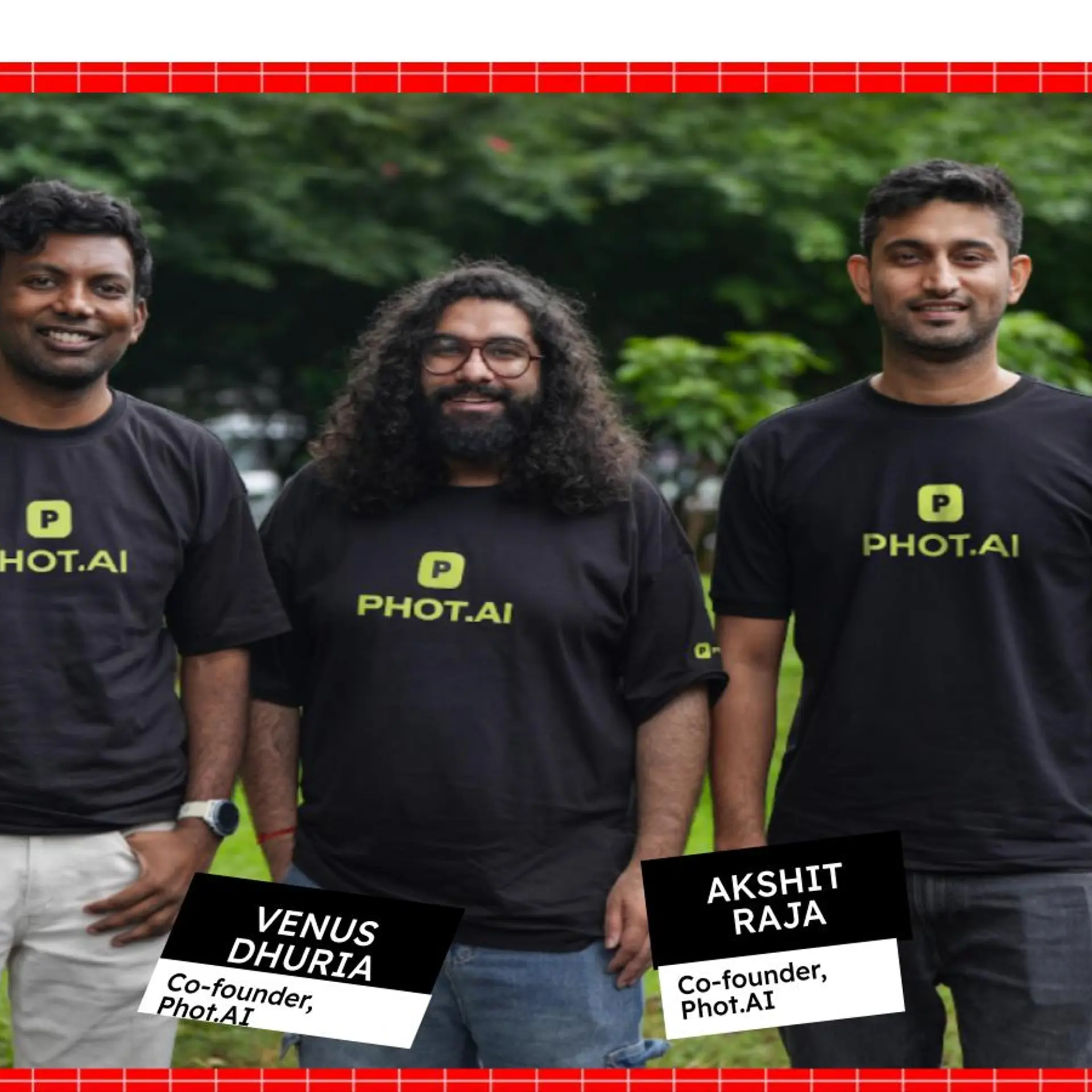How Sakshi Vij went the extra “Myle” to create her mark in the self-drive space
As a city girl, Sakshi Vij has grown up with the knowledge that life is expensive. The very air one breathes in the concrete jungle is expensive, trapped in exorbitant real estate. You struggle to afford your measly interiors, to be able to revel in the grandeur of a metro’s exteriors. Amidst all this, owning your own wheels is also an expensive proposition.
But what really comes at a price is being left behind in the business capital, where everybody comes to mould their dreams into sky-high offices.
These are the things that inspired Sakshi Vij to become a problem solver, to stay ahead in the race, and use her analytical skills to build solutions for people to have their pie and eat it too, in this cut-throat world.

Ignition
Sakshi Vij grew up in Delhi and completed her MBA from SP Jain Centre of Management, specializing in Services Marketing Management. She then studied Luxury brands through a Global Management Program at IIM Ahmedabad, and ESSEC Business School, Paris. She started her career with FiNoble Advisors, working actively in the field of new business opportunities. “I harnessed these very insights when I joined Myles’ parent company, CIPL, in 2007, as a part of the marketing team.” Her stint with Carzonrent, the parent company for Myles that was founded by her father in 2000, is what really brought out the hands-on problem solver in her. Together, the father-daughter duo set out to spot other gaps in automobile ownership and usage.
According to the Cars Online survey conducted by Capgemini in 2014, covering 10,000 respondents around the globe, it was observed that 59 percent Indians looking to buy a car were open to the idea of an alternative mode of ownership. This was primarily because of the need of greater flexibility, convenience, and a reduced financial burden.
“The opportunity we saw was much larger than the opportunity in the taxi industry, which was being disrupted by multiple players across the world. This was an opportunity to disrupt the personal car ownership market. The average usage of a car in a year is less than 150 days. For nearly 200 days a year, a personal car sits in your garage depreciating in value and appreciating in cost, owing to maintenance and parking requirements. With this understanding, Myles was born.”
Navigation
Sakshi started Myles after she had studied the growth of car-sharing and self-drive services and technology enablers in the global landscape. “While the initial idea was to start with a few cars and test the market, we received early success. We started with 14 cars and three cities in November 2013. We were sold out for the next one month within the first five days of our putting those cars on our platform. This proved the fact that the time was finally right for self-drive rentals to grow in India. There was in fact a latent demand from travellers in India, who would love to explore Indian roads, but didn’t really think it was possible to find a self-drive rental in the country.”
Through Myles, Sakshi is trying to develop an alternate ecosystem to car-ownership. “We are trying to counter the exact inefficiencies in the system, which are adding to the traffic, parking and economic burden on the infrastructure in cities today. Globally, a self-drive car has the potential to be shared between up to 20-25 individuals thereby reducing the number of cars being added to city roads.”
Myles to go before she sleeps
From the consumer’s perspective, they have to pay for a car only for the duration for which it is used. “So, you could buy a car for as little as two hours or as long as three months. Additionally, we know that owning a car means a commitment to a single vehicle for at least a three-year period in your city of residence. We provide over 39 models of cars across 21 cities in India. So as a consumer, there is flexibility to drive a Mercedes on a date night, a Fortuner for a roadtrip and a Maruti Swift for everyday trips. Services such as GPS Systems, Child Seats and Home Delivery ensure that the system is extremely convenient for the consumer.”
To tackle the supply issue, they work with fleet operators, car manufacturers, and car dealers to enable fleets to be available in the ecosystem, which can be utilised for at least 65-70 percent of the time to ensure greater movement and hence greater monetisation.
Myles unique offering is unlimited kilometers, which they offer on all their daily rentals. It is a feature that other self-drive aggregators do not offer. This has allowed consumers to save up on extra kilometre charges during long journeys. “Our biggest growth hack has been the flexibility of our product. The fact that a customer needs to spend only Rs 100 to try a Myles car for two hours makes the initiation to self-drive that much quicker.”
The road ahead
Her venture is parented by Carzonrent, which in turn, has investments from Westbridge Capital and BTS Advisors. Over the last one year, they have grown 11X, at about 30 percent MoM. What started with 14 cars and three locations has grown to over 1,200 cars and 250 locations, with a presence in 21 Indian cities. “To further cater to the growing demand for self-drive, we are ramping up our fleet to 5,000 Myles cars over the next year. In the next four years, we would like to bring together a fleet of 50,000 cars in 50 cities spread across over 5,000 locations. We want to provide a Myles car every 400 metres in a city. We are currently a community of 150,000 Mylers, we hope to get around 5 million members in the next five years,” she concludes.







